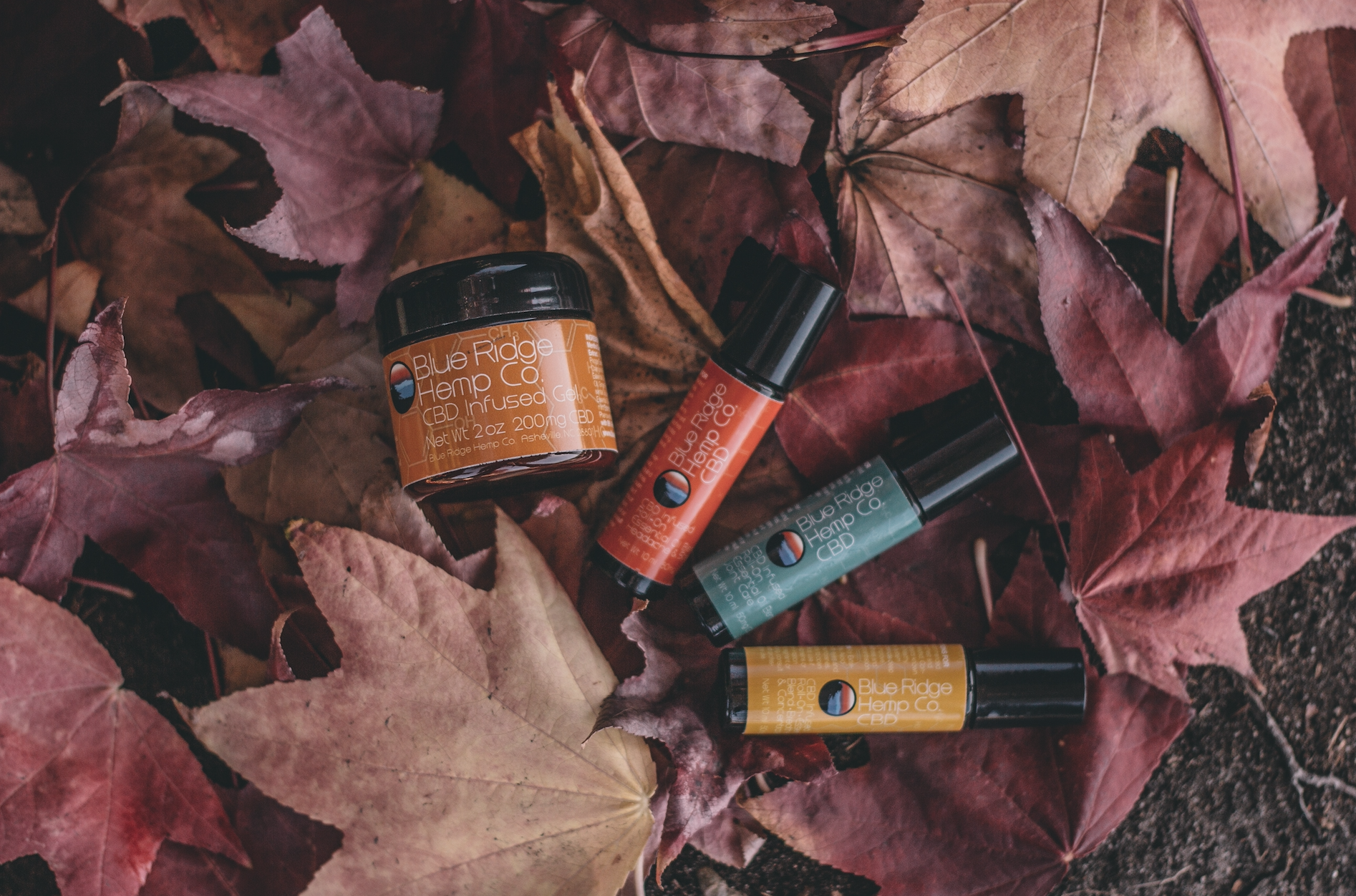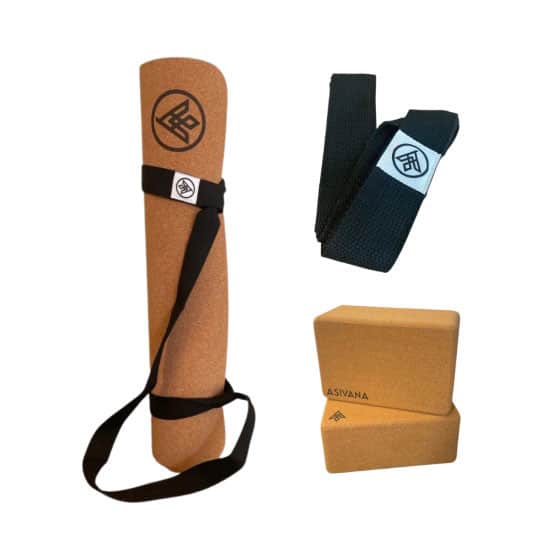The Rabbit Hole of CBD | By Marc Josef
By now many of you have heard about CBD, but to many, CBD is still a mystery. What exactly is CBD? Is CBD legal? Why the buzz? To save you from the Google search rabbit hole, here is some overall information.
CBD, short for Cannabidiol, is a non-psychoactive phytocannabinoid produced by the species Cannabis sativa. Hemp and cannabis are the same species, but in In legalese, however, they are entirely different. Cannabis is considered to have a concentration of THC greater than 0.3 percent and hemp, not more than 0.3 percent.
Regardless of the source, CBD is CBD, full stop. Hemp and cannabis CBD have different isomers (different arrangement of atoms) but are structurally the same. What can be said about the difference between hemp and cannabis is what chemical components are missing and the amount of these chemical components extracted from each plant. Of the two plants, cannabis is a higher resin plant thus containing more cannabinoids and other compounds than hemp. Not being as resinous, is not to say hemp CBD is without benefits. However, the amount of chemical compounds in cannabis is more significant. Hemp CBD can only be extracted from the stalks, whereas cannabis CBD is removed from the flower and leaves thus producing a higher quality CBD. Although the quality of hemp-derived CBD may be excellent, it is still primarily one ingredient, lacking levels of the other beneficial cannabinoids. Therefore, CBD from industrial hemp is not as rich in complexity as CBD from the cannabis plant. Research has shown that CBD products made from whole plant cannabis extracts provide the most wellness benefits due the entourage effect of all the chemical compounds.
All hemp is not created equal. Hemp is a bio-accumulator. As the hemp plant grows, it absorbs contaminants and toxins such as heavy metals from the soil. Growing and harvesting industrial hemp in sub pair conditions increases the risk of toxic pollutants in the extracted CBD oil. With the proliferation of CBD products and the limited supply of U.S. harvested hemp, many products contain CBD oil imported from China and Eastern Europe.
All hemp is not created equal.
It’s a “buyer beware” market. At the moment, no laws require the testing of CBD or the amount of CBD within a product, and there is currently no classification “certified organic.”
Even though CBD is widely available, here’s the skivvy, CBD whether from hemp or cannabis is not legal in all 50 states. Even with the signing of the Agriculture Improvement Act of 2018 (commonly known as the farm bill) which legalized the cultivation of hemp, the legality of CBD is still gray. Under this new bill, hemp and hemp-derived products won’t conflict with rules governing the Food and Drug Administration (FDA), but it does not solve the lack of FDA oversight of CBD products and is still illegal under the DEA. Expect slow progress between the US Department of Agriculture, the FDA, andDEA on issues regarding CBD.
CBD’s claim to fame comes from anecdotal testimonies and research studies that indicate CBD has the potential for relieving illnesses and conditions such as seizures, anxiety, pain, insomnia as well as others. For those interested in trying CBD, it is essential to know that the FDA has not created a Recommended Daily Intake (RDI) for CBD, meaning CBD does not have an official serving size. Differences in individual’s biochemistry, the severity of the physical disorder, and concentration CBD makes it impossible for a “one size fits all” approach. Just like a prescription from a doctor may need to be adjusted, finding the proper CBD dosage may take several attempts.
 Marc Josef is a freelance writer based out of Boulder, Colorado. A yoga instructor, meditation coach, cannabis counselor and soon to be podcaster. You can find him wondering the flatirons or email him: marc.josef.co@gmail.com
Marc Josef is a freelance writer based out of Boulder, Colorado. A yoga instructor, meditation coach, cannabis counselor and soon to be podcaster. You can find him wondering the flatirons or email him: marc.josef.co@gmail.comAsivana products are made from FSC-certified cork and sustainably harvested natural rubber. Their products are naturally antimicrobial [...]

Subscribe to Our Tribe
Stay up to date with Y+L News, Events and special announcements.










